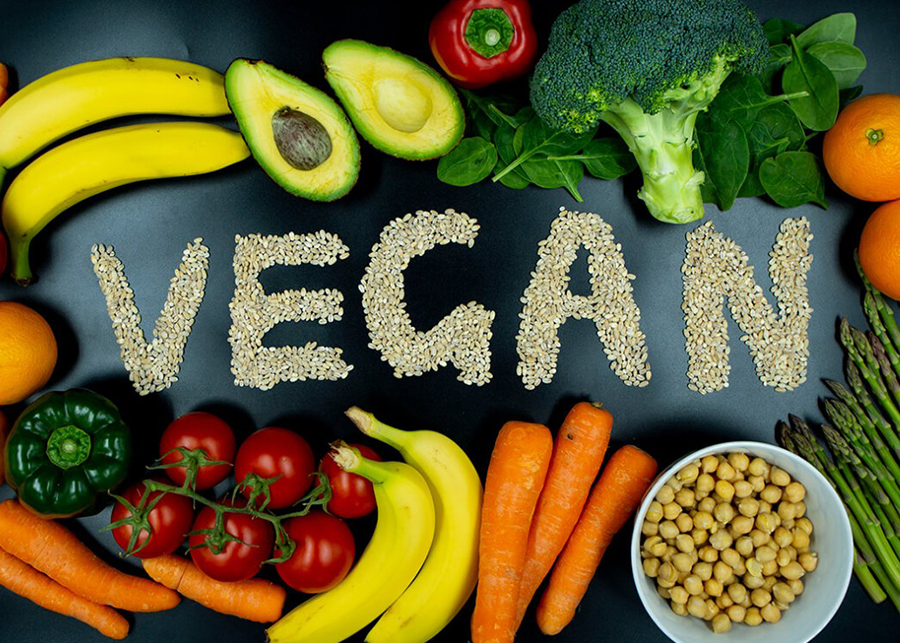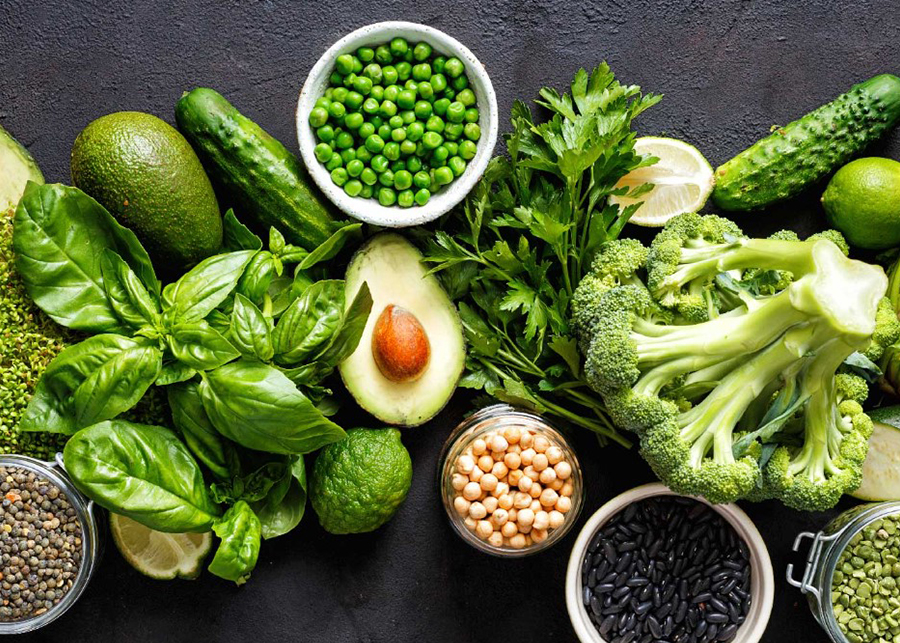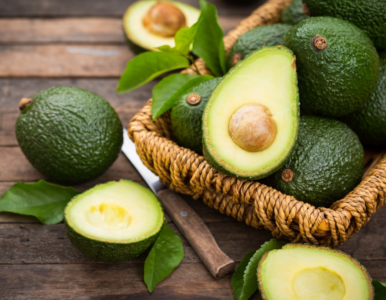A vegetarian diet is one that abstains from meat and prefers a meatless alternative. It’s often referred to as a vegan diet, but there’s a difference: vegans abstain from eating animal products, not only meat. Vegetarians can eat eggs and cheese.
A vegetarian diet has been around for millennia. Many ancient religions were entirely or partially vegetarian, and some sectors of ancient religions even practice an all-plant diet. Today, vegetarianism has gained popularity in Western culture, largely due to ethical concerns about animal agriculture and concerns about human health. Studies show that the diets of vegetarians tend to be more nutritious than those of meat- eaters. Plant -based diets also tend to boost the microbiome in the digestive tract, which can have health benefits.

Lacto-ovo vegetarians eat fruits, vegetables, grains, nuts, seeds, dairy and eggs
Lacto-ovo vegetarians are those who eat fruits, vegetables, grains, nuts and seeds, but do not consume any animal products, including eggs and dairy. They follow a plant-based diet, and as such, have no problem getting all of the necessary nutrients. When choosing a diet, a lacto- ovo vegetarian should look for foods rich in protein, vitamins and minerals. It is also wise to choose low-fat dairy products whenever possible.
Research has also linked vegetarian diets with a reduced risk of cancer. A review of 96 studies found that vegetarians had an 8% lower risk of cancer than omnivores. A diet rich in plant- based foods can lower your risk of cancer, while a diet high in red and processed meat can increase your cancer risk. Lacto-ovo vegetarians also have a lower risk of gallstone disease, a condition in which hard stones of cholesterol or bilirubin form in the gallbladder. In addition to reducing your risk of developing gallstones, lacto -ovo vegetarians enjoy healthier overall health.
HSUS is a vegetarian diet
According to PETA, HSU is one of the best schools in the country for promoting a vegetarian diet. The vegetarian diet, also known as a vegan diet, promotes lifelong health and prevents diseases like heart disease and cancer. It also helps people stay slim. However, meat -free diets are still not popular in China, where many people still eat meat.
However, studies have shown that vegetarians have reduced risk of many cardiovascular diseases, including high blood pressure (SBP) and obesity. This might be related to lower BMI of vegetarians. The researchers also found that vegetarian diets decreased the risk of developing multiple sclerosis.

Flexitarian diet
The flexitarian diet is a semi-vegetarian diet that is based on plant-based foods, but includes meat on occasion. The word flexitarian comes from a portmanteau of the words flexible and vegetarian, and is less stringent than a strictly vegetarian diet.
The flexitarian diet includes a five-day plant- based diet and nine ounces of meat on the other days. This type of diet emphasizes the consumption of more nutritious plant-based foods and less meat. It also suggests eating organic, pasture-raised, grass-fed, and leaner cuts of meat.
Alternatives to a vegetarian diet
Meat alternatives can give you all the protein and iron that you need without the cholesterol and saturated fats of conventional meat. There are a number of plant-based meat alternatives that can replace meat in recipes. For example, quinoa is often used in place of rice in recipes. It is delicious in salads and baked dishes and can even be eaten as a breakfast cereal.
A flexitarian diet is a vegetarian diet that allows for a small amount of animal products. This diet is similar to a vegetarian diet, but can include fish and lean red meat. A pescatarian diet also allows for small amounts of seafood.
What Is a Vegetarian Diet? Result
A vegetarian diet is a diet that excludes meat or other animal products entirely. Some also choose not to eat animal-based foods like cheese and eggs. This type of diet is on the rise, due to health concerns, ethical concerns and environmental concerns. A Vegetarian diet is widely agreed upon as more nutritious than non-vegetarian diets, but they do have downfalls in certain nutrients. If you’re considering becoming a vegetarian, it’s a good idea to talk please your doctor, to make sure your getting all the nutrition your body needs.





